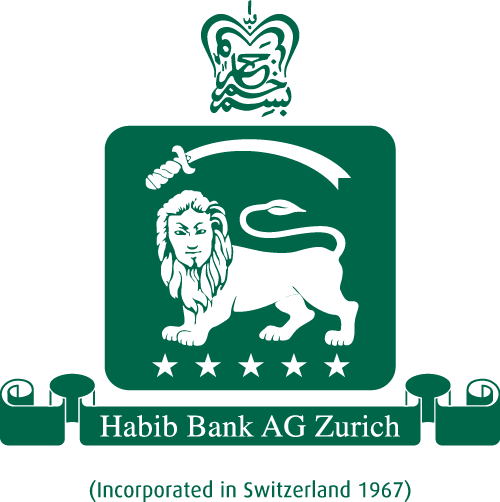 |
Habib Bank AG Zurich |  |
AUTOMATIC EXCHANGE OF INFORMATION (AEOI)
Habib Bank AG Zurich (hereinafter “the Bank”) is a reporting Swiss financial institution in accordance with the Federal Act on the International Automatic Exchange of Information in Tax Matters (AEOI Act). The AEOI Act is the legal basis for implementing the AEOI Standard in Switzerland. This communication is intended to inform you as required by Article 14 of the AEOI Act.
What is AEOI?
AEOI requires reporting Swiss financial institutions to identify reportable accounts and report them to the Federal Tax Administration (FTA). Reportable accounts are accounts held by natural persons as well as accounts held by entities. If an account is held in a fiduciary capacity by a natural person or an entity that is not a financial institution on behalf of or for the account of a third party, that third party or the beneficial owner is deemed to be the account holder for the purposes of AEOI. In the case of accounts held by entities, the requirement to identify and report may concern under certain circumstances also the controlling person(s). For more detailed information on the terms “account holder” or “controlling person” please consult the OECD Common Reporting Standard and the implementing legal provisions.
Only accounts where the holder or controlling person is a reportable person are reportable accounts. A reportable person is a natural person or an entity resident for tax purposes in a country with which Switzerland has agreed AEOI (partner state(s)).
Reporting Swiss financial institutions are required to report information on reportable accounts held by reportable persons annually to the FTA. After receiving this information, the FTA exchanges it with the reportable person’s country of residence. Information is only exchanged with partner jurisdictions. The list of partner jurisdictions can be found here and is kept up to date at all times.
What information will be exchanged?
The reportable information includes personal data and information concerning the reportable account. Personal data include the name, address, country of residence for tax purposes, tax identification number and date of birth of the account holder or of the beneficial owner or the controlling person. In addition, the account number, the total gross amount of dividends, interest and other income, the total gross proceeds from the sale or redemption of financial assets, and the aggregate balance or value of the account at the end of each calendar year are reported. Moreover, the name and identification number (where available) of the Bank are also reported.
For what purposes will this information be used?
Generally, the information exchanged may only be made available to tax authorities of a partner jurisdiction in which the reportable person is resident and may only be used for tax purposes. In principle, it is prohibited for the receiving partner jurisdiction to forward the received information to another jurisdiction, and it must treat the information as confidential. Generally, the receiving partner jurisdiction may only make the information exchanged available to persons and authorities responsible for handling or supervising taxation in that country.
What rights do you have?
1) Vis-à-vis the Bank
You are entitled to the full extent of legal protection offered by the FADP vis-à-vis the Bank. In particular, you have the right to request what information has been collected about you and will be reported to the FTA.
The Bank must provide you with a copy of its report to the FTA on request. In this regard, it must be noted that the information about you that is collected and reported may differ from your tax-relevant information. Moreover, you are also entitled to request that incorrect data in the Bank’s systems be corrected.
2) Vis-à-vis the FTA
Your only right vis-à-vis the FTA is the right to access information. You are entitled to request that incorrect data resulting from errors in the exchange process be corrected.
If the exchange of information would result in disadvantages for you that are not permissible due to a lack of constitutional guarantees, your rights are set out in Article 25a of the Federal Act on Administrative Procedure.
You do not have the right to access FTA records. This means that you do not have the right to block the disclosure of personal details vis-à-vis the FTA. In addition, you are not entitled to have the legality of forwarding information outside Switzerland reviewed or to block any illegal forwarding and/or to demand the destruction of data processed without a sufficient legal basis.
If, in your capacity as a contracting partner of the Bank, you are not the account holder for the purposes of AEOI (see above), or if you are an entity for which the Bank is required to identify and report one or more controlling persons, we ask you to forward copies of this mailing to all of the relevant persons.